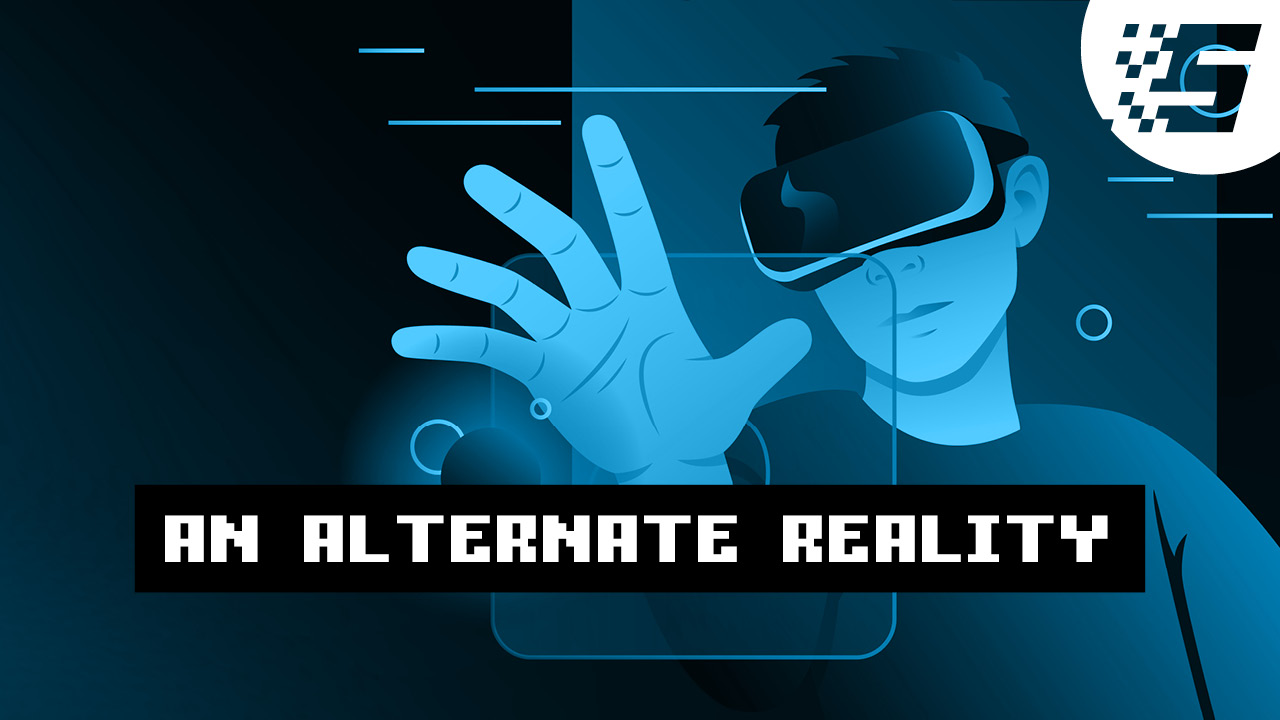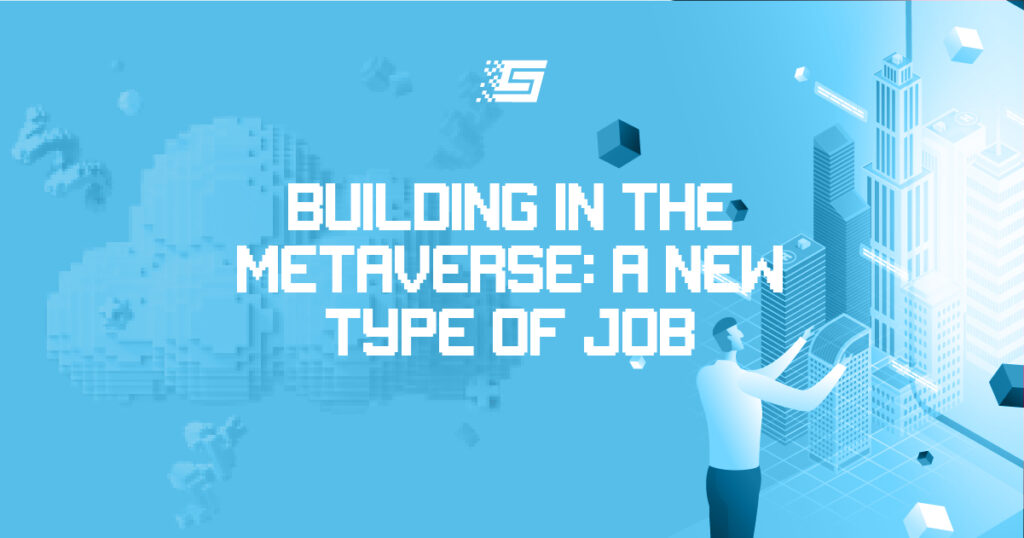
The Metaverse: An Alternate Reality
With emerging technologies and services, there may well be a future imminent where our alter egos in the metaverse could research on our behalf and send us the information we need.
Many have fantasized about living and interacting in an alternate reality at least one time in their lives. The metaverse is a digital technology realizing such fantasies by enabling one’s alter ego to walk around in virtual 3D spaces in real-time and interact with others on a range of different platforms. Many big tech companies have begun to latch onto the concept. The metaverse as an online service is the next big thing following today’s social networking services, which mostly enable communication by text, images, and videos.
The parent company of the major US social networking service Facebook changed its name to Meta, CEO Mark Zuckerberg announced on October 28, 2021, indicating a focus on developing the metaverse. The announcement brought a lot of attention to this emerging new concept, which is taking form in a variety of ways.
Immersed In An Alternate World
In the broad sense of immersing yourself in another world, the role-playing game Dragon Quest (considered a national game in Japan) could be regarded as a kind of metaverse. Many gamers have found themselves absorbed in the adventures of another world while listening to classical-style music composed by Koichi Sugiyama on the platform.
During the technological revolution of the 90s, Japan was a leading country in the metaverse concept. In 1990, Fujitsu launched the Fujitsu Habitat, an online chat service with 2D graphics, which went on to become the frontrunner of the massively multiplayer online role-playing game (MMORPG).
Back in 1997, under the initiative of the Ministry of Trade and Industry, NTT Data Communications conducted test runs of its three-dimensional virtual space Machiko, which could also be used for e-commerce. Once the service was commercialized in March 1998, it hosted a total of 300 stores and had around 75,000 users at a time. This was at a point when the internet was run through phone lines instead of fiber-optic lines. Young users would chat and shop online late at night and early in the morning when they were more able to access the world wide web.
Changes In The Gaming Industry
In 2003, the app “Second Life,” which was developed by the US-based company Linden Lab, became a hot topic when users began trading land and Toyota and Nissan opened virtual stores in the space. But the boom didn’t last due to the limited internet speed and computer graphics at the time.
The recent buzz around the metaverse could be attributed to changes in the gaming industry as well as advances in communication technology. Most mainstream games are “open world,” meaning it’s up to the player to decide what to do or how to play. Players are able to choose a storyline that would involve defeating enemies and saving the world or enjoy an otherworldly experience by collecting rare items, for example.
Nintendo released the smash-hit game Animal Crossing: New Horizons for home consoles in 2020, which allows players to enjoy a variety of activities like fishing, collecting insects, and making clothes and furniture to sell. To expand the gamers’ possible range of actions, the game world has to be designed in the utmost detail, including scenery that changes over time, the ecology of the plants and animals, and the behavior of each of the residents. This know-how could be used to create all kinds of alternate virtual realms that reflect our real world.
The Pandemic Proliferates Metaverse Events
The Japanese mobile phone operator au by KDDI hosted the Virtual Shibuya au 5G Halloween Festival 2021 in Virtual Shibuya, a 3D recreation of the Shibuya area of Tokyo created in May 2020, where live music and comedy performances could be enjoyed until October 31. About 40,000 people entered the metaverse for last year’s event.
The restrictions on large-scale events during the pandemic caused an increase in online metaverse events. The Tokyo Game Show 2021 Online, one of the largest game exhibitions in the world, hosted a metaverse venue where participants could wear VR goggles and become avatars. People could walk around the venue in their goggles and see “life-sized” game characters up close.
The pandemic also spurred companies to showcase the latest technology being developed by hosting tech events in the metaverse.
Other Notable Developments
Square Enix AI & Arts Alchemy, based in Tokyo, an affiliate of Dragon Quest creator Square Enix that researches artificial intelligence, is offering an endowed course at the University of Tokyo. The company aims to create a “world model” that can predict the future through a combination of AI and simulation technology.
NTT is using the metaverse in its IOWN (innovative optical and wireless network) concept for next-generation high-speed communications, while Facebook has announced it will employ 10,000 highly skilled people in the European Union within the next five years. Devices like virtual reality goggles are further enriching the metaverse experience. The expectations are high for metaverse services to become a foothold in next-generation technology.


